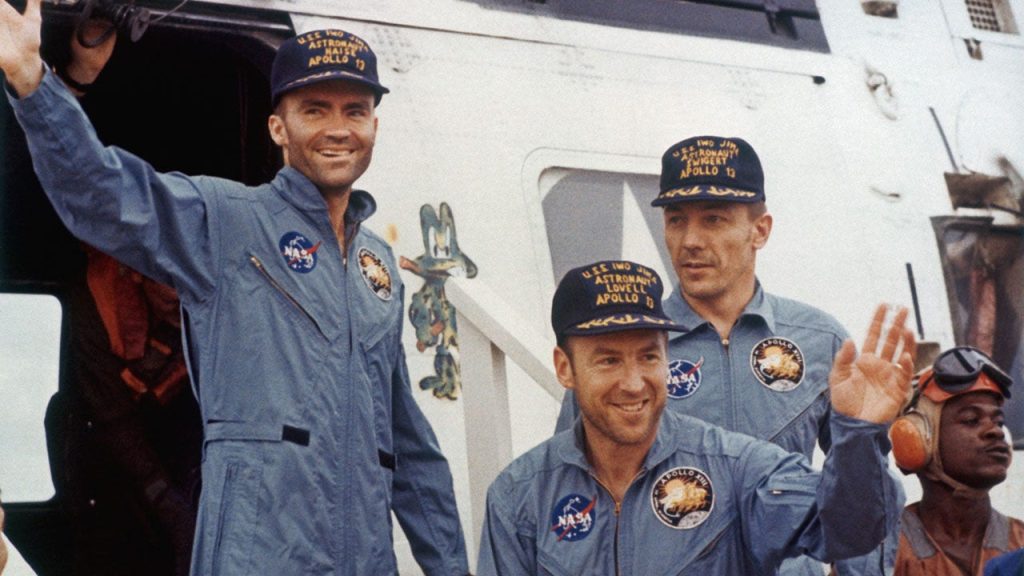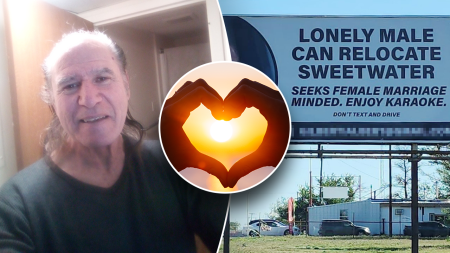On April 17, 1970, the Apollo 13 astronauts, Commander James Lovell, Command Module pilot John “Jack” Swigert, and Lunar Module pilot Fred W. Haise, miraculously returned safely to Earth after a terrifying explosion on board forced NASA to abort their mission to the moon. The astronauts’ capsule splashed down in the South Pacific near the USS Iwo Jima, where they were welcomed by Captain Leland E. Kirkemo and Rear Admiral Donald C. Davis. President Richard M. Nixon congratulated the astronauts on their successful recovery. The events following the explosion tested the mettle of the astronauts and the engineering and scientific talents of the nation.
The explosion occurred 300,000 miles from Earth, leading to a series of frightening events that required quick thinking from NASA’s Mission Control. The famous phrase, “Houston, we’ve had a problem,” was communicated by Jack Swigert moments after the oxygen tank exploded, alerting Mission Control to the dire situation. The crew had just completed a TV broadcast back to Earth when the warning lights began blinking, indicating a rapid depletion of oxygen. Lovell observed oxygen gas rapidly escaping out of the spacecraft, prompting the team on the ground to develop new procedures to ensure the safe return of the astronauts.
NASA faced a formidable task in figuring out how to stop the leak, conserve resources, and prevent carbon dioxide from filling the spacecraft. The team had to turn the Lunar Module, Aquarius, into a lifeboat to help the astronauts survive and guide the Command Module back to Earth. Despite failing to reach the moon, all three astronauts survived, and the lessons learned from the technical failures contributed to improving the safety of future missions. The incredible survival of the Apollo 13 astronauts has been hailed as an example of American ingenuity and teamwork, inspiring a Hollywood film titled “Apollo 13” in 1995.
The survival of the Apollo 13 astronauts remains a remarkable example of the dangers of space travel and the innovative minds at NASA working together to save lives. The mission, labeled a “successful failure,” highlighted both the risks and the capabilities of space exploration. The lessons learned from the mission have been instrumental in improving future missions’ safety and have solidified the crew’s place in history as brave explorers who overcame incredible odds. The legacy of Apollo 13 continues to inspire future generations to push the boundaries of space exploration and work together to overcome challenges in the pursuit of knowledge and discovery.















